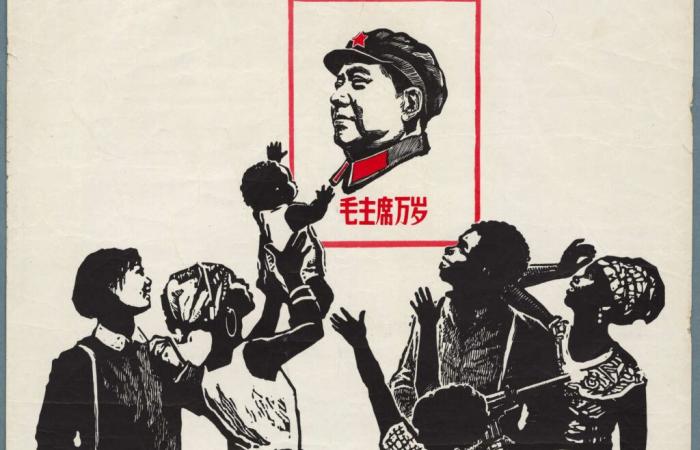Xavier Aurégan is a lecturer at the Catholic University of Lille, specializing in relations between China and Africa. In June, he published China, African Power. Geopolitics of Sino-African Relations (Armand Colin, 272 pages, 23.90 euros). While the Forum on China-Africa Cooperation (FOCAC) was held in Beijing from September 4 to 6, the specialist analyzes the asymmetrical relationship that has developed between China and the African continent.
Read also | Article reserved for our subscribers At the summit of Sino-African cooperation, Xi Jinping poses as defender of the Global South
Add to your selections
In your opinion, the African continent has been a laboratory for China’s rise on the international scene. To what extent?
I use the term “laboratory” because China, under Mao Zedong, Deng Xiaoping, Jiang Zemin and Hu Jintao, tested different modalities of international intervention in Africa. In the 1960s, China first experimented with health diplomacy, by sending medical missions, the first to Algeria, to Saida, in 1962. [six mois après son indépendance]. It then tested agricultural cooperation by importing the state farm model – which was a failure due to lack of investment. Then, in terms of defense, Beijing supported African national liberation movements in Tanzania, Angola, Guinea, Niger, etc.
After Mao’s death in 1976, Deng Xiaoping streamlined China’s foreign policy. He opted for a more mercantile approach, launching small industries such as match factories. In the 1990s, after major reforms of the Chinese economy, the African continent became a laboratory for granting financing lines to partner states, while large Chinese state-owned companies set out to conquer international markets. Here again, these methods were first tested in Africa.
How would you define these relationships today?
After the euphoria of the 2010s, which accompanied the deployment of Xi Jinping’s “New Silk Roads” project, a financial problem is imposed on China. It is reluctant to lend money to African states that are struggling to repay it given their own difficulties, whether financial, post-Covid economic or security-related. Especially since some projects, poorly thought out and not optimized, call into question their legitimacy.
For Chinese actors, both the government and entrepreneurs, the keyword has become “risk” and they think twice before launching internationally, especially in Africa. Moreover, Chinese direct investments in Africa remain low, not allowing for a significant evolution of industrialization. Politically, there is no turning back, but economically there is a kind of caution.
You have 73.58% of this article left to read. The rest is reserved for subscribers.







